Hayrite 4 ft. Extension with Chain, Red – 121532399 – HEC-4E
-
( 1 Review )Rated 5.00 out of 5 based on 1 customer rating01
- SKU: 121532399
Your elevator can be easily lengthened by adding a Hayrite 4 ft. Extension with Chain. The elevator extension uses heavy iron joints and hardened bolts to prevent damage from the environment and everyday use. The convenient design helps you easily install the chute extension and connect the joints.
SKU:
121532399
Categories: Farm & Ranch, Haying & Harvesting
Tag: Hayrite 4 ft. Extension with Chain
-
CountyLine 10 ft. Utility Gate – 360326399 – 6EB10
Rated 4.78 out of 509CountyLine 10 ft. Utility Gate – 360326399 – 6EB10
Rated 4.78 out of 509 -
Pond Boss Pro 1/2 HP Floating Fountain with Lights, 52621
Rated 5.00 out of 501Pond Boss Pro 1/2 HP Floating Fountain with Lights, 52621
Rated 5.00 out of 501
Your elevator can be easily lengthened by adding a Hayrite 4 ft. Extension with Chain. The elevator extension uses heavy iron joints and hardened bolts to prevent damage from the environment and everyday use. The convenient design helps you easily install the chute extension and connect the joints.
- Elevator extension bolts up to most other square-tube brands
- Create a custom bale-handling system to fit your specific needs
- Makes storing bales a smooth, quick and simple one-person operation
- Extensions are complete with No. 55 conveyor chain with raised links every 24 in.
- 1 in. square and 18 gauge tube construction supports the chute extension
- Heavier, angle-iron connecting joints (1-1/4 in. x 1-1/4 in.) and hardened bolts prevent stretching
- Joints are quick and easy to connect
- Weighs 28 lbs. for easy transportation
Additional information
| Compatibility | Hayrite Hay Elevators |
|---|---|
| Primary Material | Steel |
| Product Height | 9-1/2 in. |
| Product Length | 48 in. |
| Product Width | 23-1/2 in. |
| Product Weight | 28 lb. |
| Warranty | 1 Year Limited |
Average Rating
5.00
Rated 5.00 out of 5 based on 1 customer rating
015 Star
100%
4 Star
0%
3 Star
0%
2 Star
0%
1 Star
0%
Submit your review Cancel reply

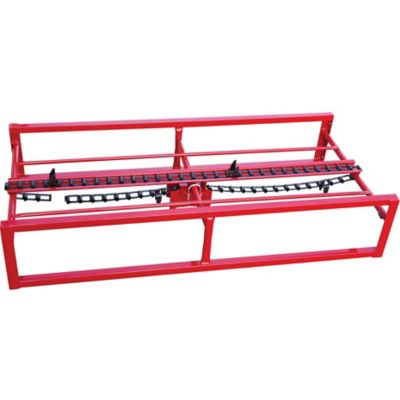
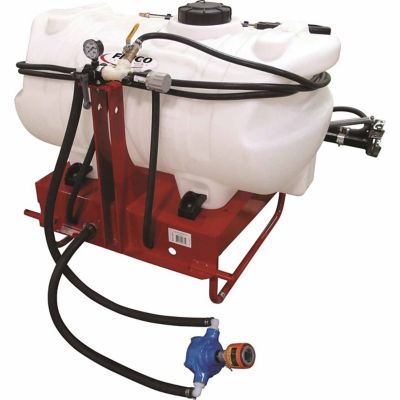
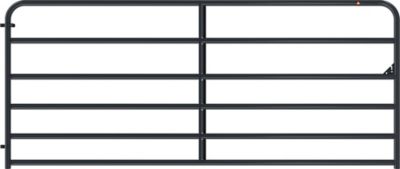
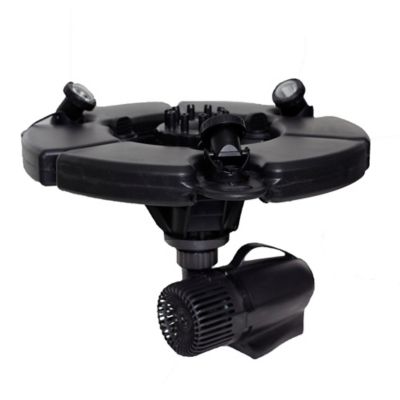
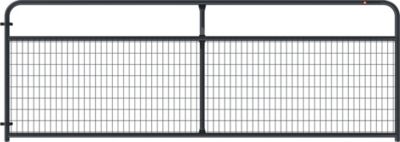


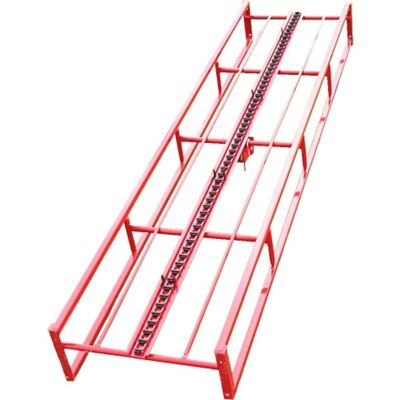
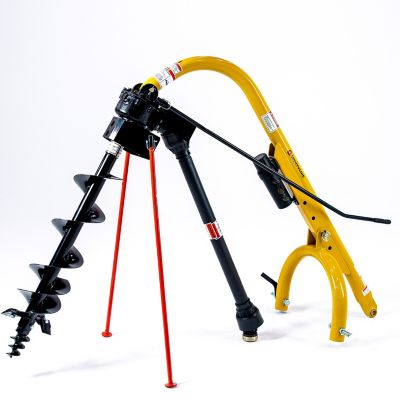
by Ellington
Purchased with the 16’ main unit for a 20’ length elevator. Easy to add to base unit.